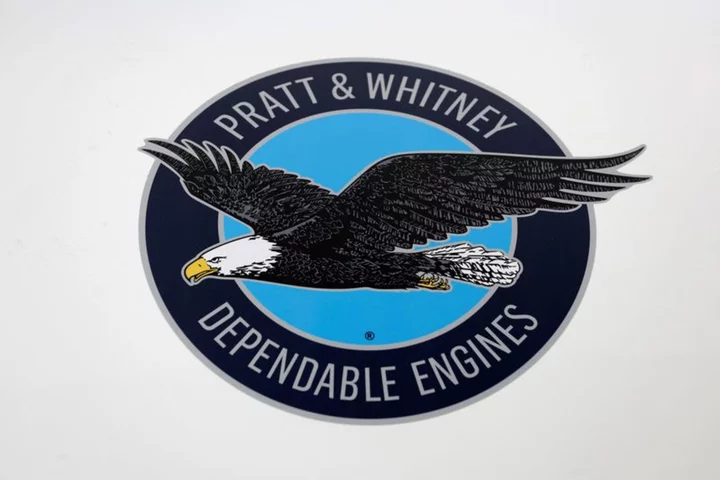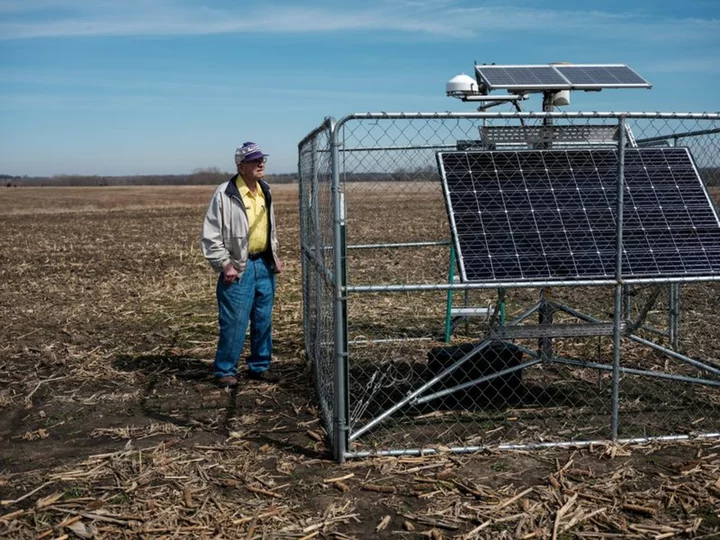By Tim Hepher
PARIS Shortages of Pratt & Whitney engines for Airbus A220 passenger jets have eased but it will take around 18 months before disruption is lifted altogether, the head of the airplane's second-largest operator, airBaltic, told Reuters.
A recall of Geared Turbofan engines for larger Airbus A320s for inspections and possible repairs, which roiled the aircraft industry last month, does not affect the Canadian-designed A220 which was the first aircraft to use the fuel-saving powerplants.
A220 operators have still had to grapple with some durability issues, compounded by a shortage of spare engines and maintenance bottlenecks that have collectively reduced the supply of working engines and left dozens of planes grounded.
"Things have changed if we look at the engine. For us, it is getting better," Chief Executive Martin Gauss said in an interview.
With more than 40 airplanes in its fleet, airBaltic is the second-largest operator of A220s after Delta Air Lines.
On average 11 of its A220s were out of action during the first-half, slowing an improvement in first-half earnings caused by buoyant air travel demand.
The extra downtime reflects some durability problems as engines come in for maintenance sooner than expected, though these are not as severe as those seen on the larger A320 in hot and dusty climates.
But the trend of so-called Unexpected Engine Removals is "going down significantly" after a recent modification involving a change of oil pipe, Gauss said ahead of the mid-year results.
"We now see this trend line changing. Assuming that it stays like this, I would say that at the end of 2024 we should have net zero missing engines."
The Latvian airline has been forced to wet-lease replacement aircraft, meaning it hires jets complete with their crew and insurance, to help maintain its schedules.
Gauss said the number of grounded planes would fall in coming months as more engines become available, then rise again in the winter. He said the engines were delivering on promised fuel savings when they were fitted and cleared to fly.
"From the current forecast. I don't see us going back to zero (missing engines) before the end of next year," he said.
airBaltic said it had bounced back to a net profit of 14.6 million euros in the first half from a loss of 91.0 million a year earlier, as revenues grew 52% to a record 291.3 million.
The shortage of spare engines "significantly impacted our performance" in the second quarter, it said in a statement.
Reflecting a rebound in air traffic following the pandemic, the airline said July marked the first time since 2019 that it had carried more than 500,000 passengers in a single month.
Gauss said in June airBaltic is in talks with Airbus to buy 30 more A220s as it prepares for a possible IPO next year.
(Reporting by Tim Hepher; Editing by David Gregorio)









